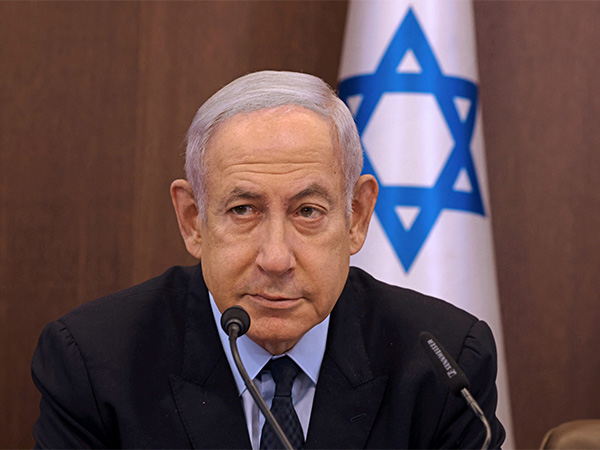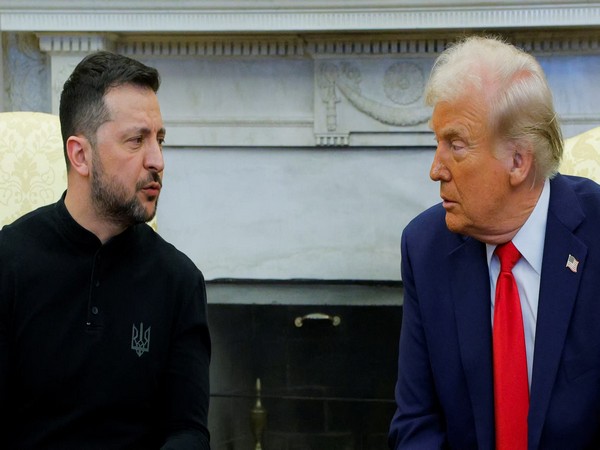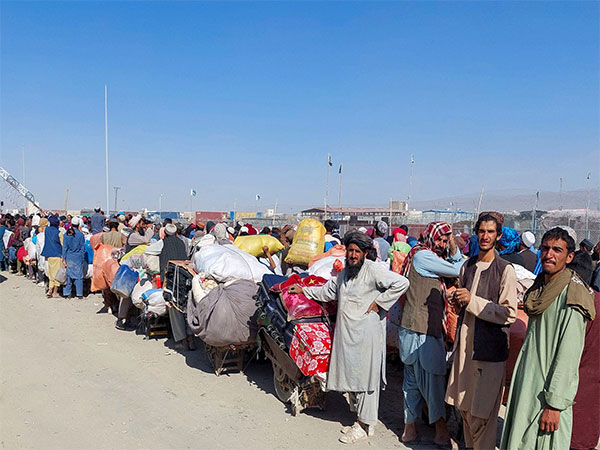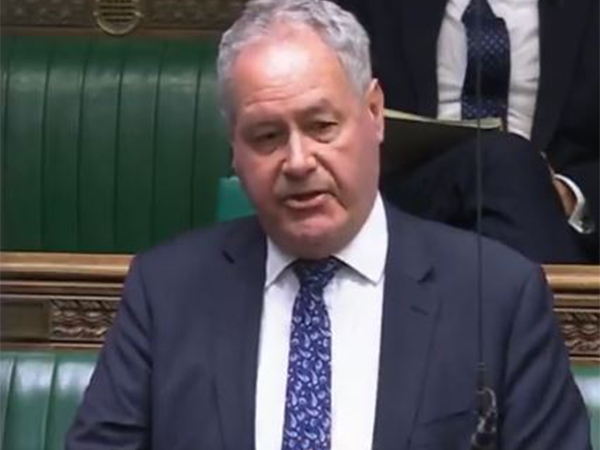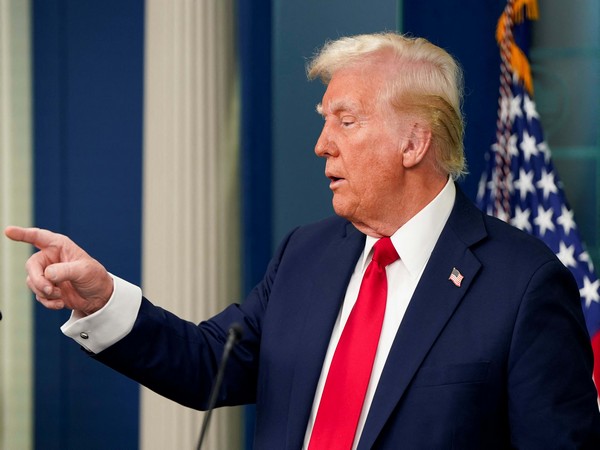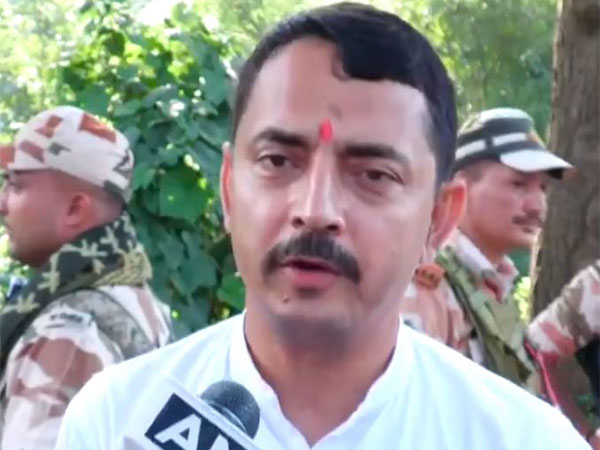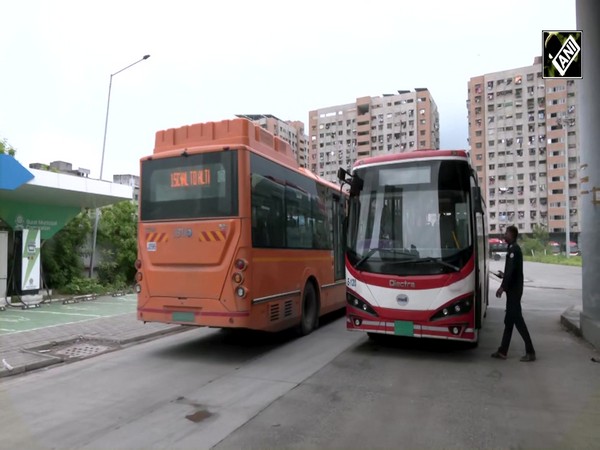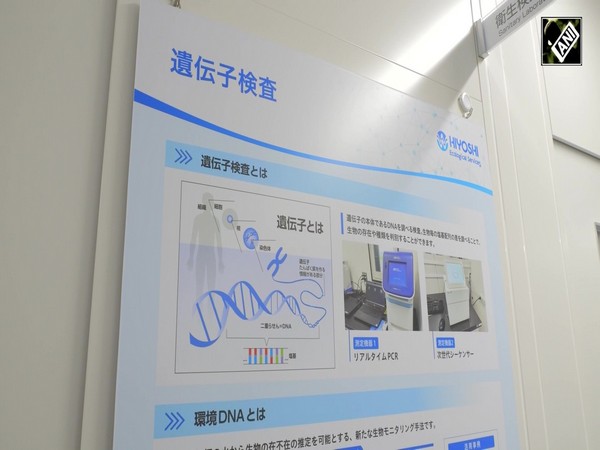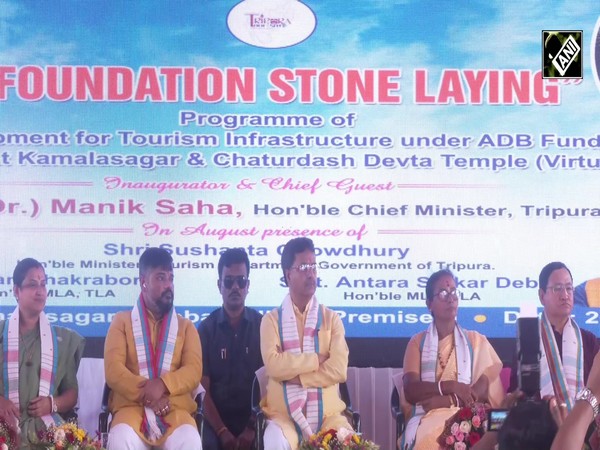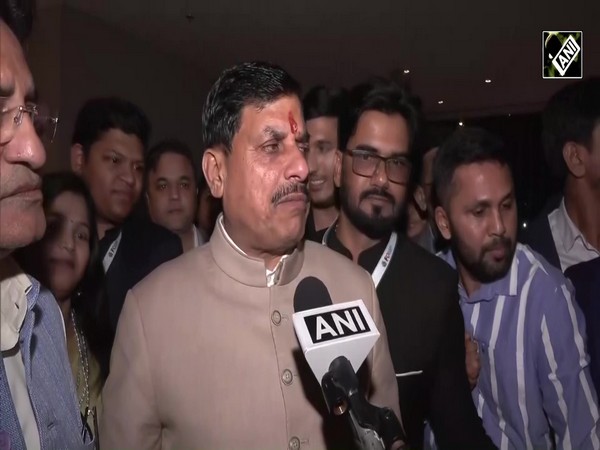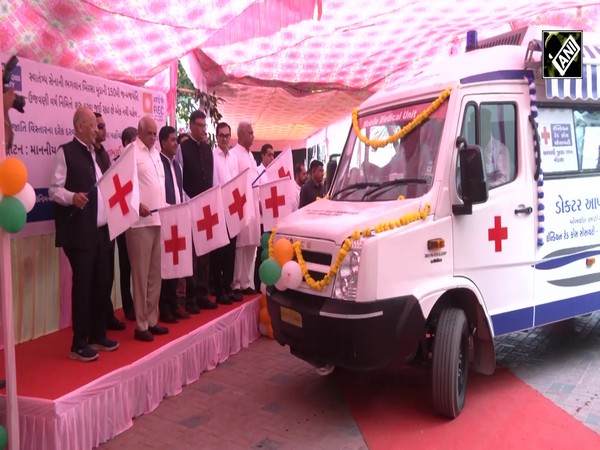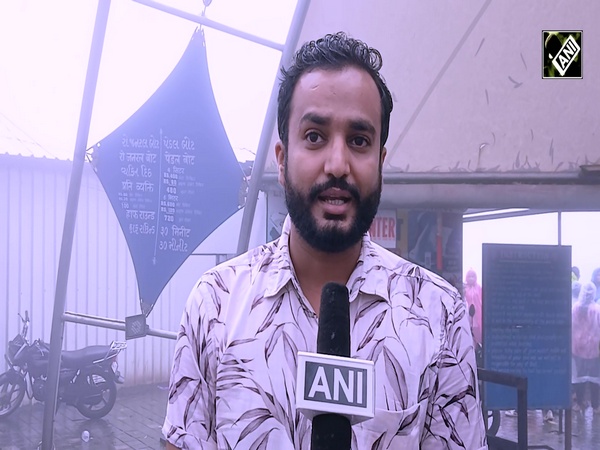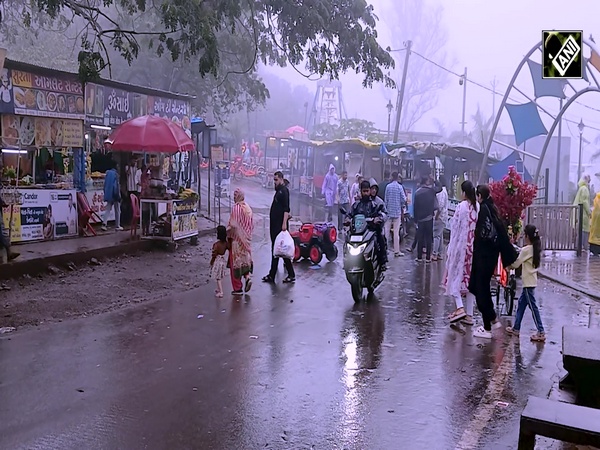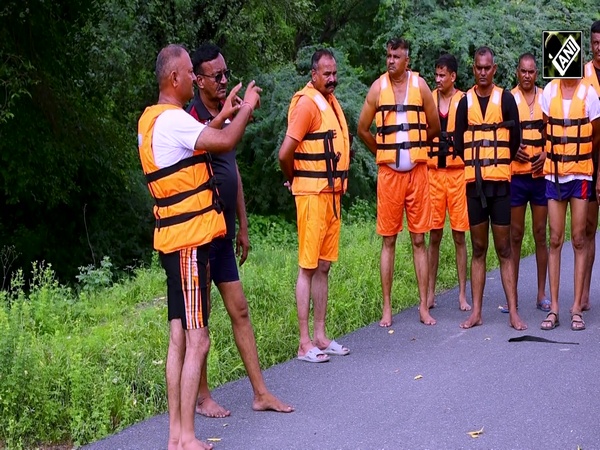Change in mindset must to curb rape, harassment in Bangladesh, says PM Hasina's daughter
Oct 16, 2020

Dhaka [Bangladesh], October 16 : Stressing the need of educating children about gender equality, Saima Wazed, daughter of Bangladesh Prime Minister Sheikh Hasina, has said mentality of people is required to change in order to reduce rape and oppression against women in Bangladesh.
Wazed made the remarks at the launching of the campaign 'Women's Safety in Public Places (WSPP)', jointly launched by Young Bangla - the youth wing of the ruling Awami League's research wing Centre for Research and Information (CRI) in collaboration with UNDP and the National Human Rights Commission (NHRC) on Wednesday evening.
Advocating for the idea that it all starts from home, Wazed called upon everyone to raise children ensuring gender equality and giving equal respect to male and female kids. She also stressed the need for instilling a sense of dignity among girls and imparting proper education to them so that a girl can thrive with equal courage and quality as boys.
The internationally acclaimed mental health expert, Wazed said: "Well, self-protection skills must be acquired. Off course! But, why do we have to live like this? Why should we carry a gender identity? Why should we live under apprehension just because we are women? Why must we move extra carefully? Why won't we be able to live up to our choice?"
Wazed is a CRI Trustee and Co-chairman and Climate Vulnerable Forum (CVF) Thematic Ambassador. She is also a member of the World Health Organization's Expert Advisory Panel on Mental Health.
With a call to build Bangladesh a harassment-free country, she said: "We must advance the country to the point where not even a single girl will be the victim of harassment. No lady will be disrespected. Let us march forward with dignity. Let us work out whatever we dream of."
Referring to the kind of experiences women come across in public places, she said, "These are not fairytale stories. These are real and I can relate to my life experiences as well."
"When I was a college student, I had to travel by train. Once we, three friends, were going somewhere by train and there was a compartment for ladies. In that compartment, we sat on our baggage placed on the floor because we knew that we would be harassed if we got into a general compartment. We would be safe and secure in the ladies' compartment," she said.
"Why do we women have to live like this? Why would you feel uncomfortable? Why should we live in apprehension? Why should we get dressed in a certain way and otherwise be blamed? Why is the fear instilled in our minds since our childhood? Why won't we be able to move with courage?," she added.
Stressing the need for educating children on gender equality at home, Saima Wazed Hossain said, "I want everyone in our country to be taught the way I teach my four children that women and men are no different. We are all equal. Let us pay the deserved respect to women in the home, outside the home, on streets, in schools, and the workplace."
"If a girl is harassed somewhere and no one comes to protest, what can she do alone? Anyone witnessing that incident must stand beside that girl," she added.
"Our boys have to be educated on gender equality from home so that that education reflects on their behaviour when they grow up and play a role in the family. So, it all starts with the home," she further said.
UNDP Country Director Sudipto Mukherjee, State Minister for Women and Children Affairs Fazilatun Nessa Indira, State Minister for Information and Communication Technology (ICT) Zunaid Ahmed Palak, Chief Coordinator for Sustainable Development Goals (SDGs) Zuena Aziz, and Inspector General of Police (IGP) Benazir Ahmed joined a panel discussion as part of the online launching.
Earlier, in March, the Young Bangla and Human Rights Programme of UNDP signed a memorandum of understanding (MoU) to promote the 'Women's Safety in Public Places' campaign.
